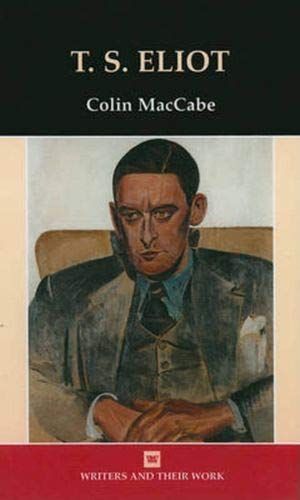
T.S. Eliot
T.S. Eliots's life took him from the United States to England, from philosophy to poetry and from modern scepticism to traditional Christianity. Colin MacCabe's study places Eliot's poetry in the context of these journeys and uses Eliot's life to illuminate his poetry. This poetry, although very modest in quantity, remains one of the great artistic triumphs of the English language. In his ironic accounts of adolescent desire in 'The Love Song of Alfred Prufrock' and 'Portrait of a Lady', he performs masculine self-doubt with a pathos and wit that has yet to be surpassed in poem, book or song. But these early poems can seem like mere exercises beside the astonishing achievements of 'Gerontion' and 'The Wasteland', poems which defined a generation and which broke the mould in English verse to allow a symphony of despairing voices to bear witness to the destruction in Europe. Finally, in 'Four Quartets' he forges an original form and a compelling tone to hymn both religious belief and national destiny